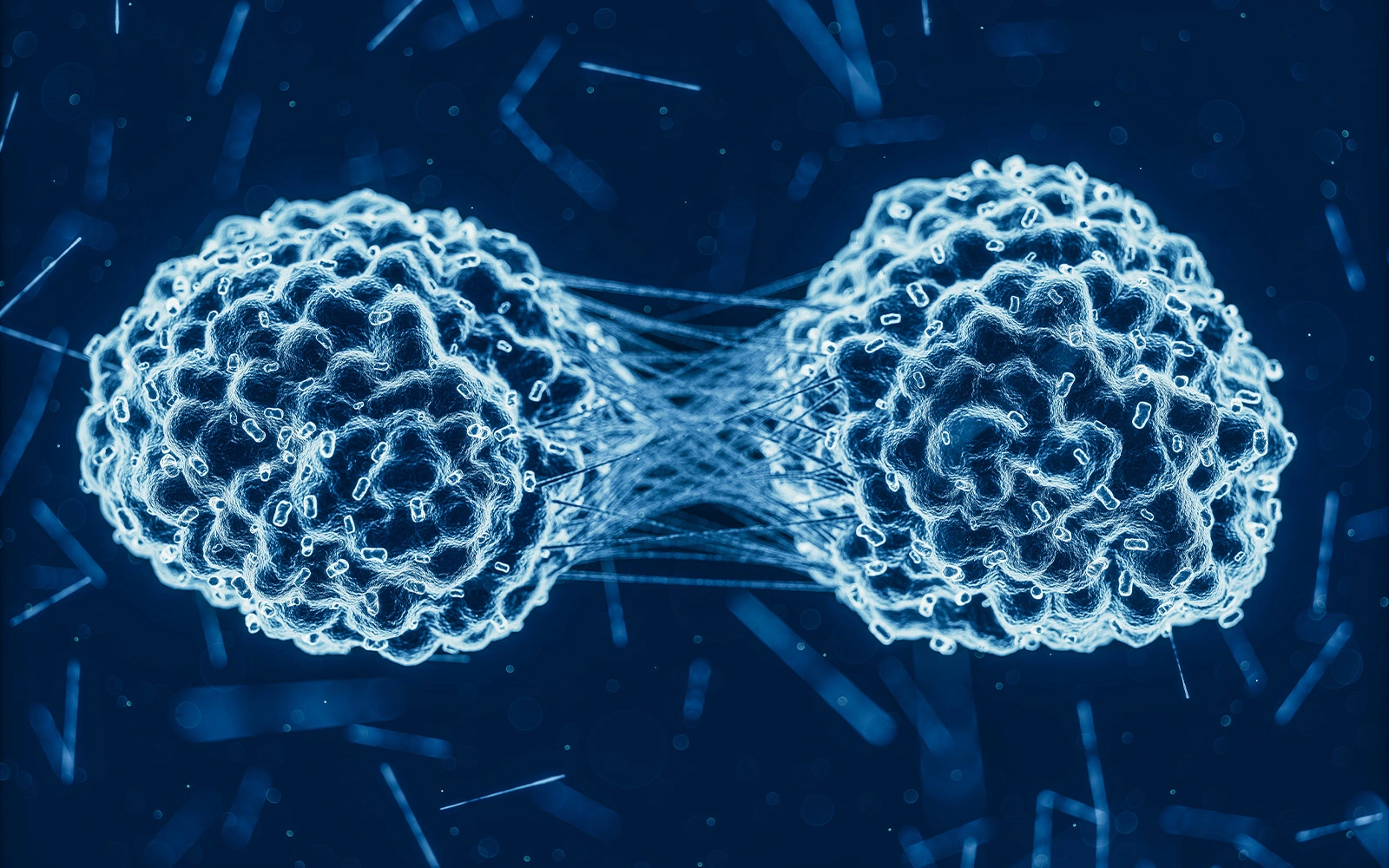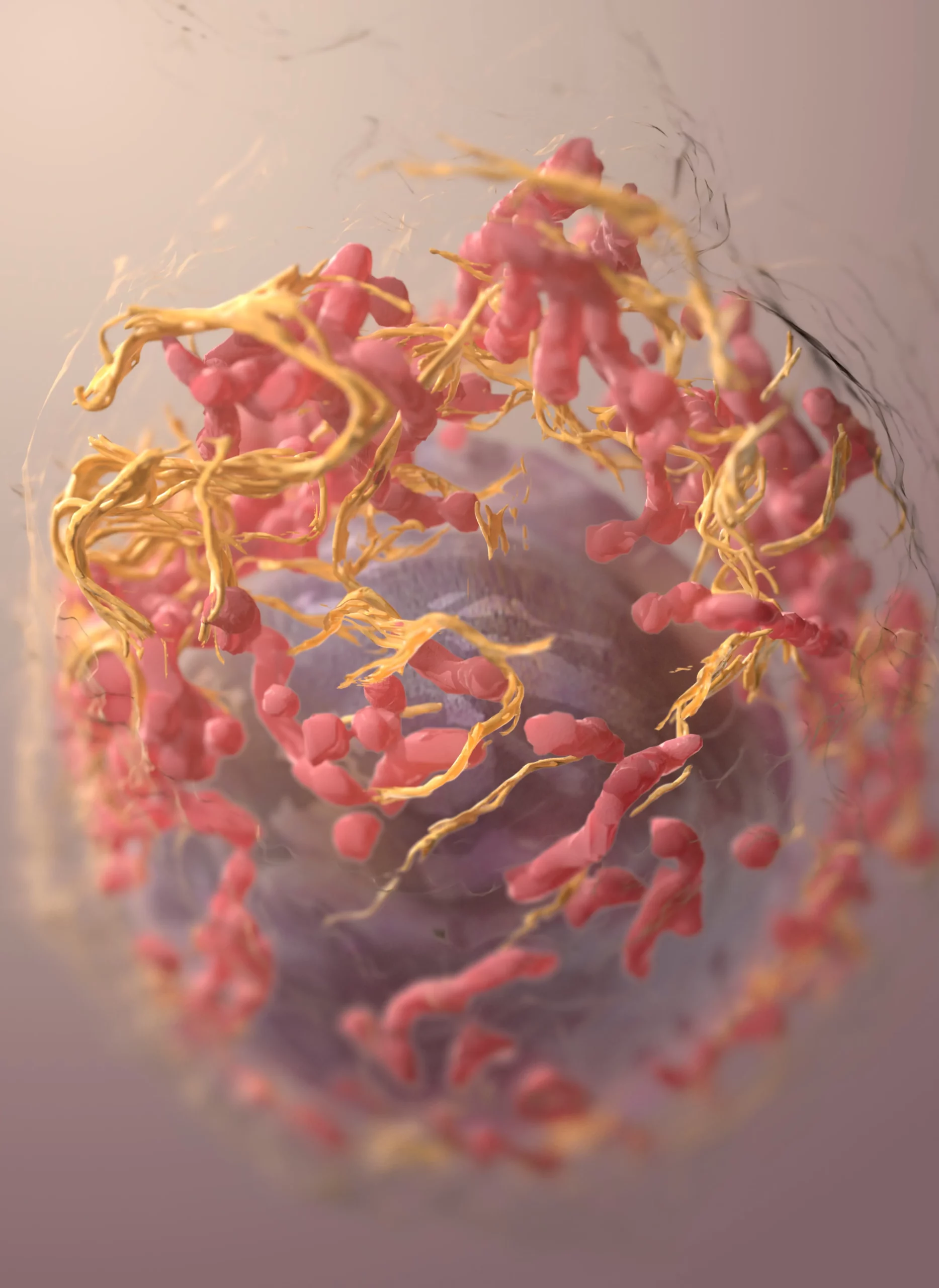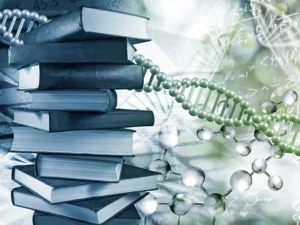Cancer is a fibrotic disease. The fibrotic response in the tumor microenvironment is termed desmoplasia and is characterized by excessive turnover and remodeling of the extracellular matrix (ECM). In fibrous tumors, the increased collagen production and crosslinking, as well as altered degradation of the collagenous matrix result in loss of tissue organization and cellular behavior, the release of growth factors, and the generation of cryptic sites on collagens with potent signaling activity.
All these collagen alterations drive disease progression, and immune suppression and affect treatment response. Moreover, these extracellular matrix turnover products can be picked up as biomarkers of a specific fibrotic/desmoplastic signature relevant in the clinical setting of oncology.







